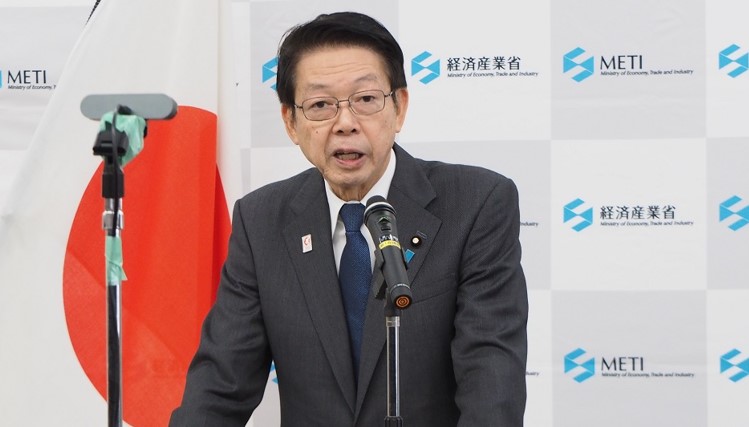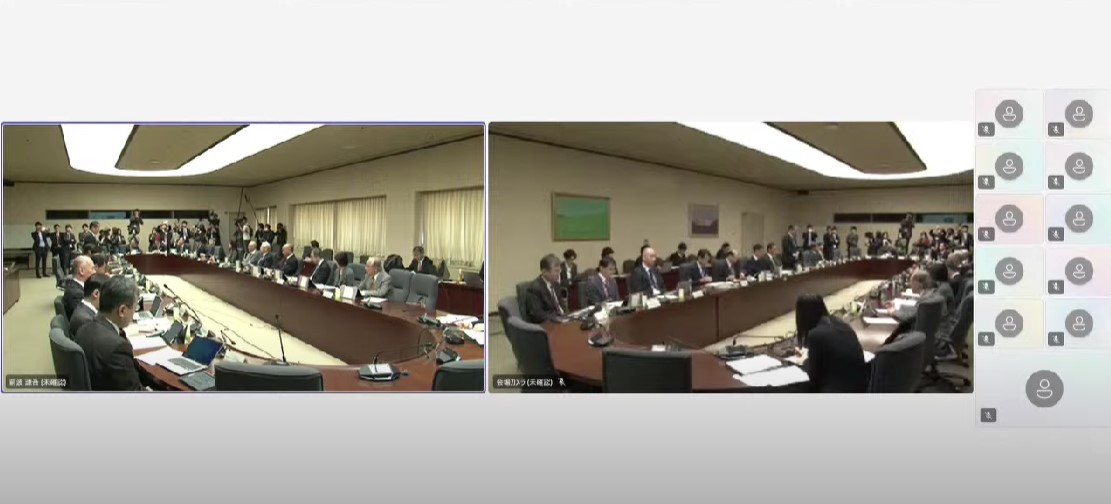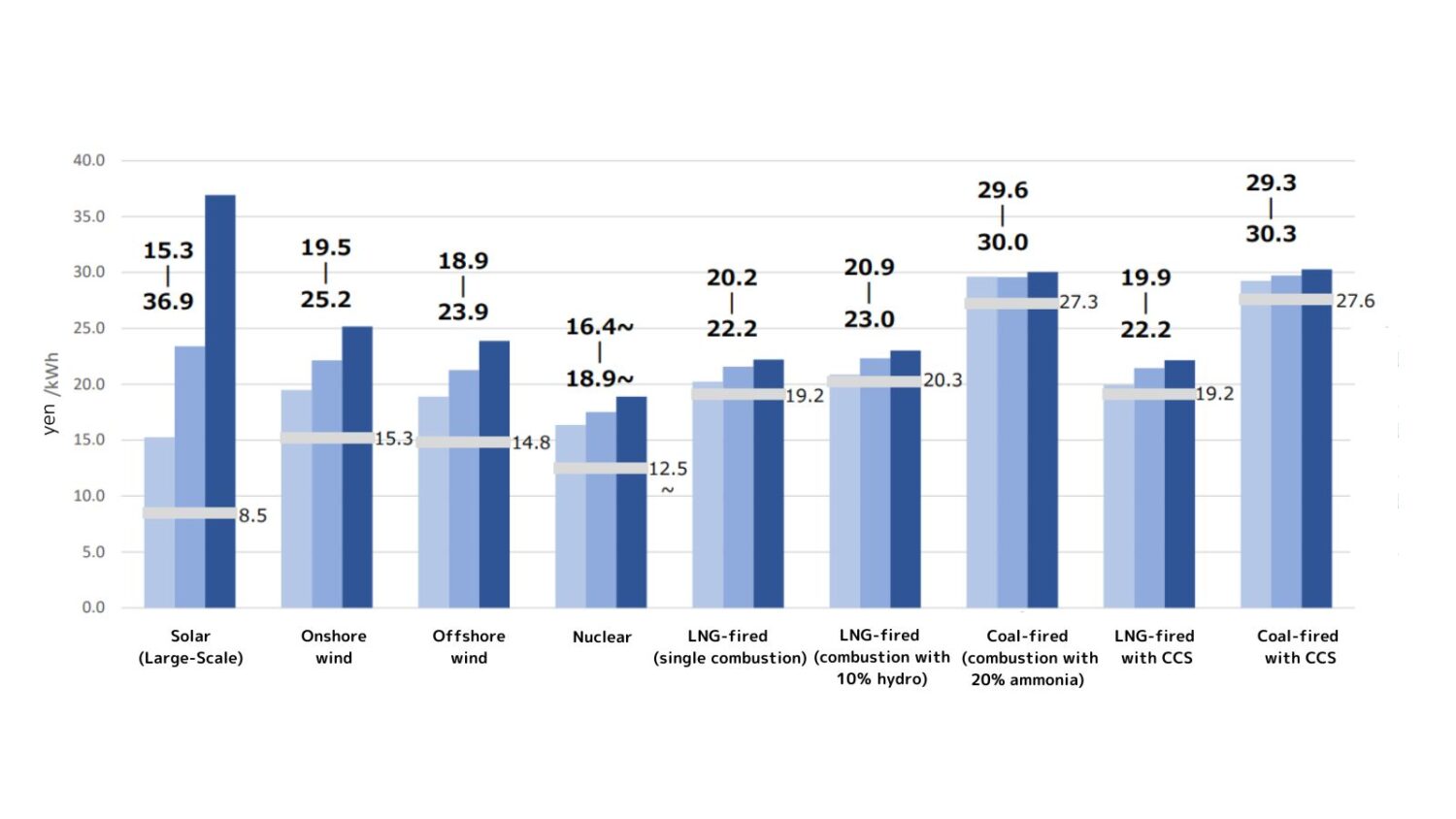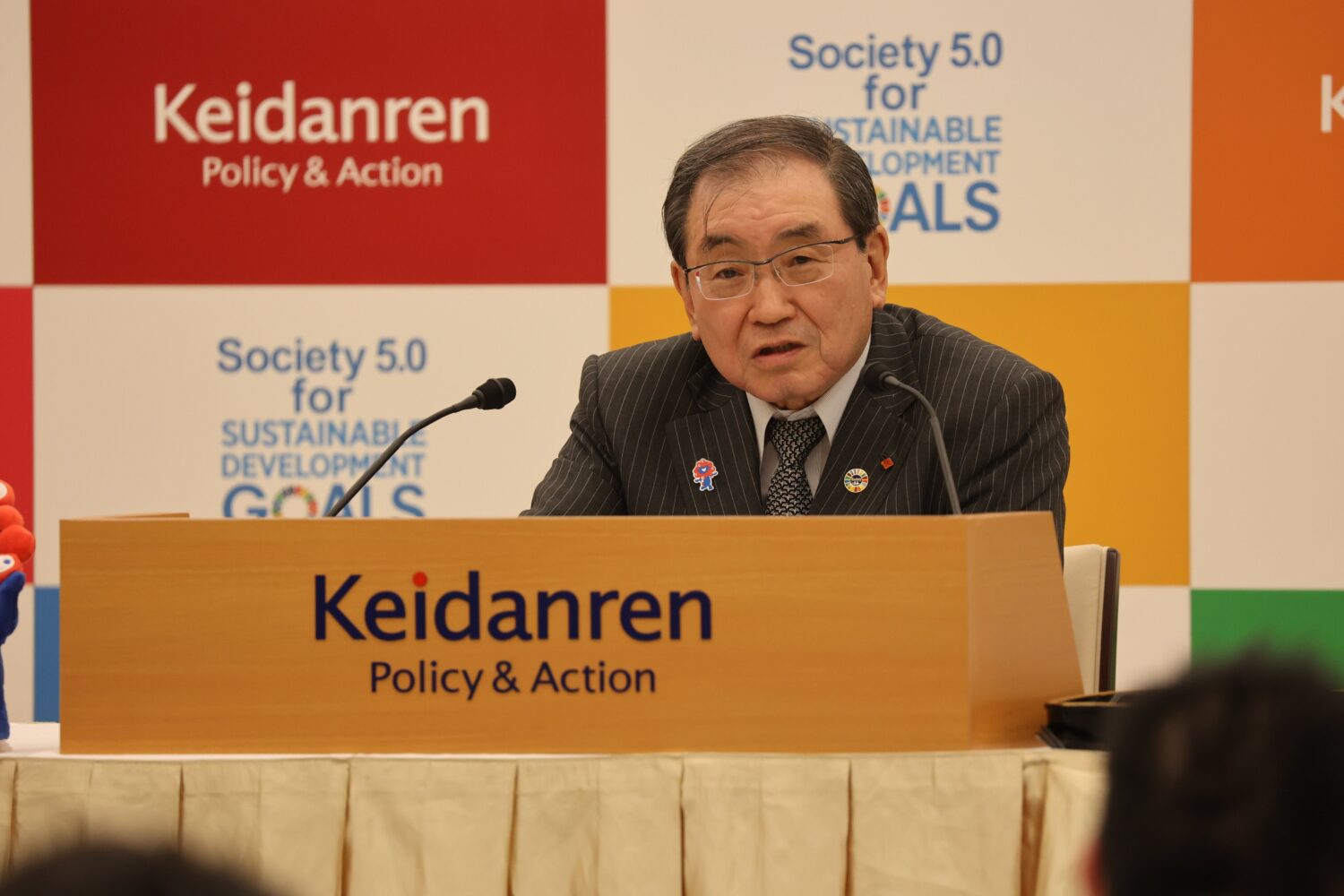Stressing that nuclear power is very important energy source, “not only from the viewpoints of energy security and economy, but also as a measure to combat global warming,” Sakakibara said that he expected the operators of Japan’s other NPPs and relevant parties to make further efforts toward restarting them as well.
Meanwhile, Chairman Akio Mimura of the Japan Chamber of Commerce and Industry (JCCI) paid his respects to all relevant parties — including local municipalities and chambers of commerce and industry — for their efforts to realize the restart of Sendai-1. He stated that it would “contribute to stabilizing supply and demand in summer, when electricity use climbs, primarily due to the use of air conditioning.”
The JCCI chairman added that the restart of the reactor would be very helpful to Japan’s economy as a whole, saying that rising power costs have become a hindrance to the profitability of small and medium companies, as well as to the recovery of local economies. He asked the country’s power companies to swiftly reduce power rates back to their level prior to the great earthquake of March 2011.
Mimura went on to say that the knowhow accumulated during the examination procedures at Sendai-1 would now be shared among Japan’s power companies and other related parties, in order to promptly finish the examinations at other NPPs to confirm compatibility with the new regulatory standards, thus allowing those whose safety has been confirmed to be restarted quickly. He emphasized that a stable supply of energy at a reasonable price must be realized throughout Japan by all means.
Finally, Chairman Yoshimitsu Kobayashi of the Japan Association of Corporate Executives (Keizai Doyukai) praised the restart of Sendai-1 as a step forward toward rebuilding Japan’s energy supply-and-demand structure, pointing out that it was the first case that a reactor had cleared an examination based on the new regulatory standards issued by the Nuclear Regulation Authority (NRA).
Given that the shutdown of all domestic NPPs has adversely affected people’s lives and economic activities, Kobayashi urged the NRA to “make maximum use of its experience gained in the examinations so far, in order to improve their efficiency and reinforce the system toward the steady restart of those NPPs whose safety is confirmed.”
He also asked people to make constant efforts to improve safety at all NPPs, including such systematic aspects as the issuance of highly practical evacuation plans, and the disclosure of accurate information to the public nationwide.
At the same time, Kobayashi said that it would be essential for the national government to come to the forefront and formulate realistic measures as soon as possible concerning high-level radioactive waste (HLW) treatment and disposal, as well as the nuclear fuel cycle, so that the country’s nuclear power business can be sustainable.


-1.png)

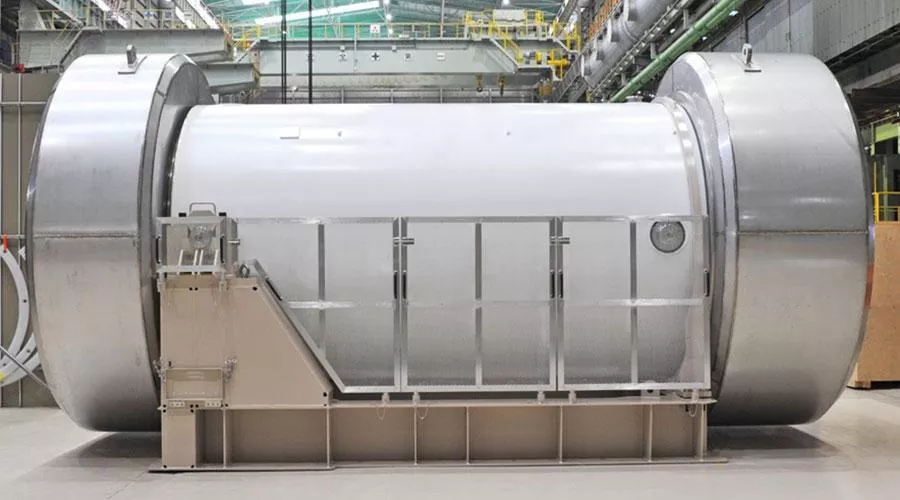
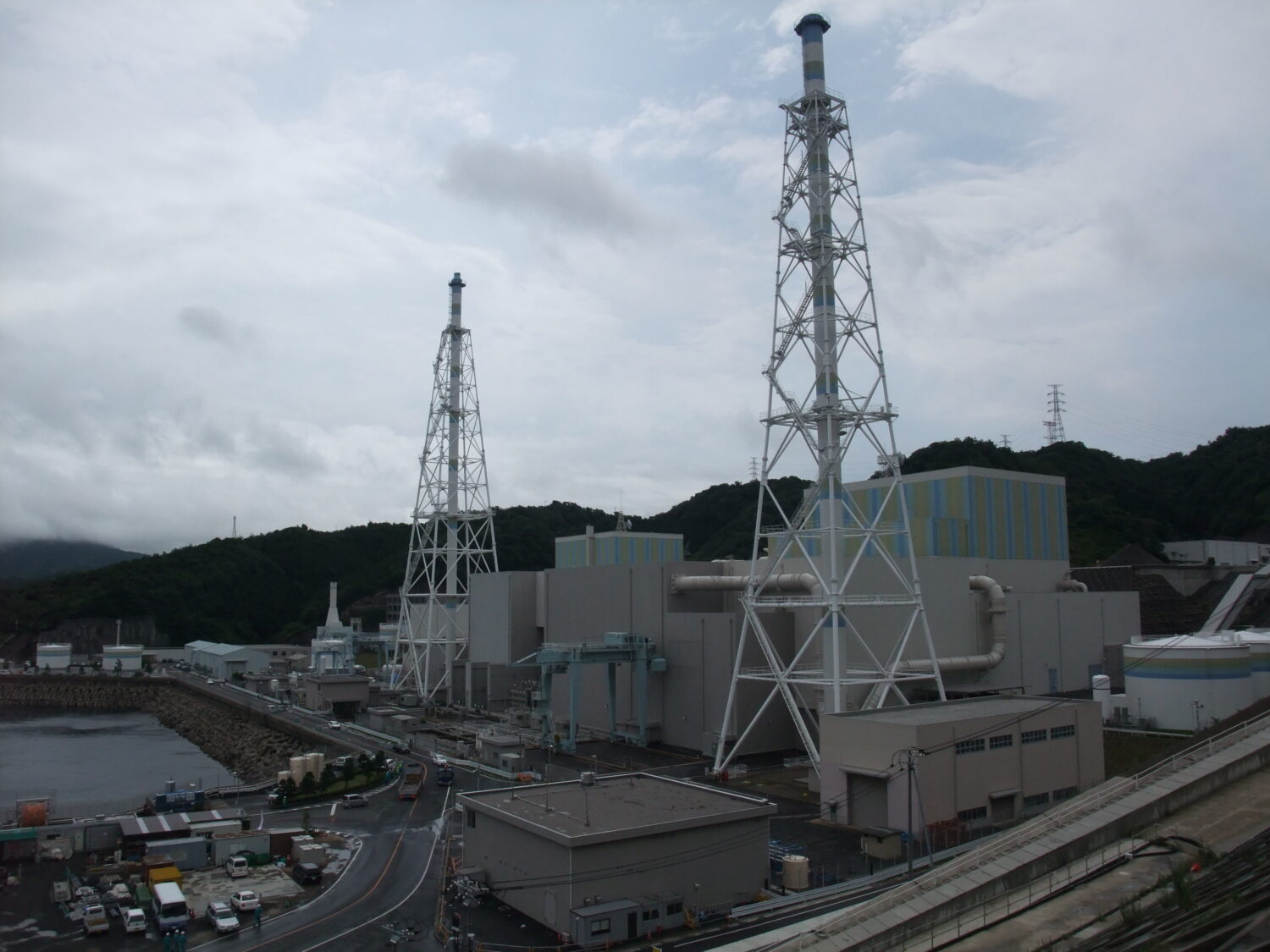

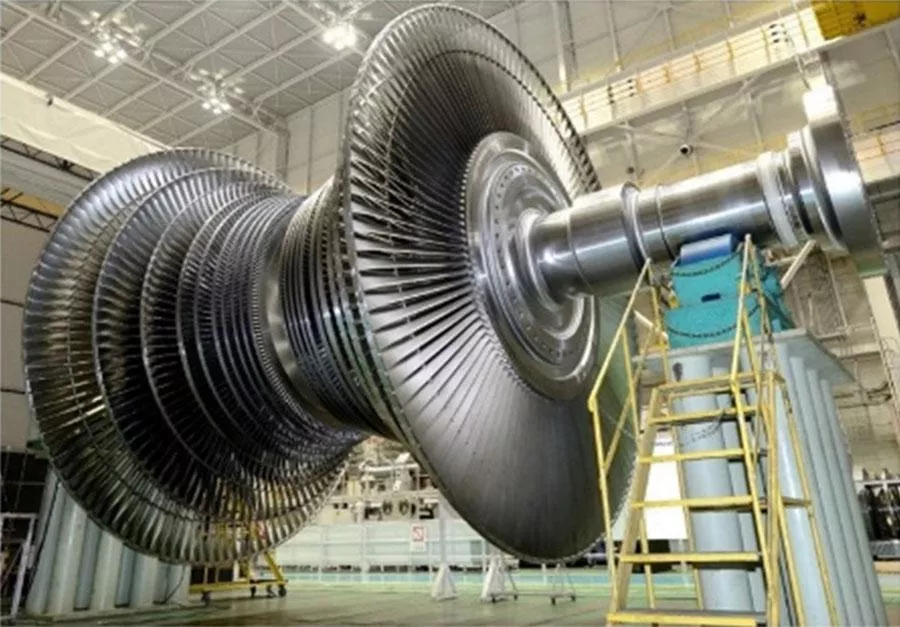

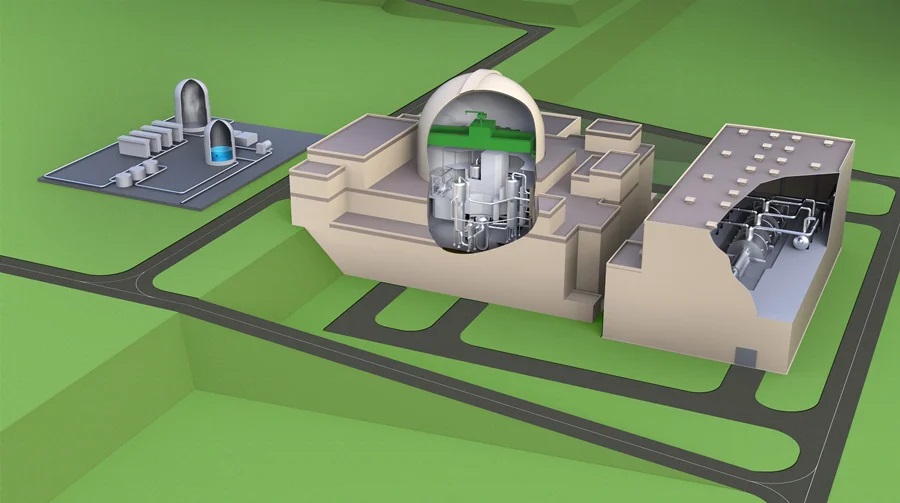
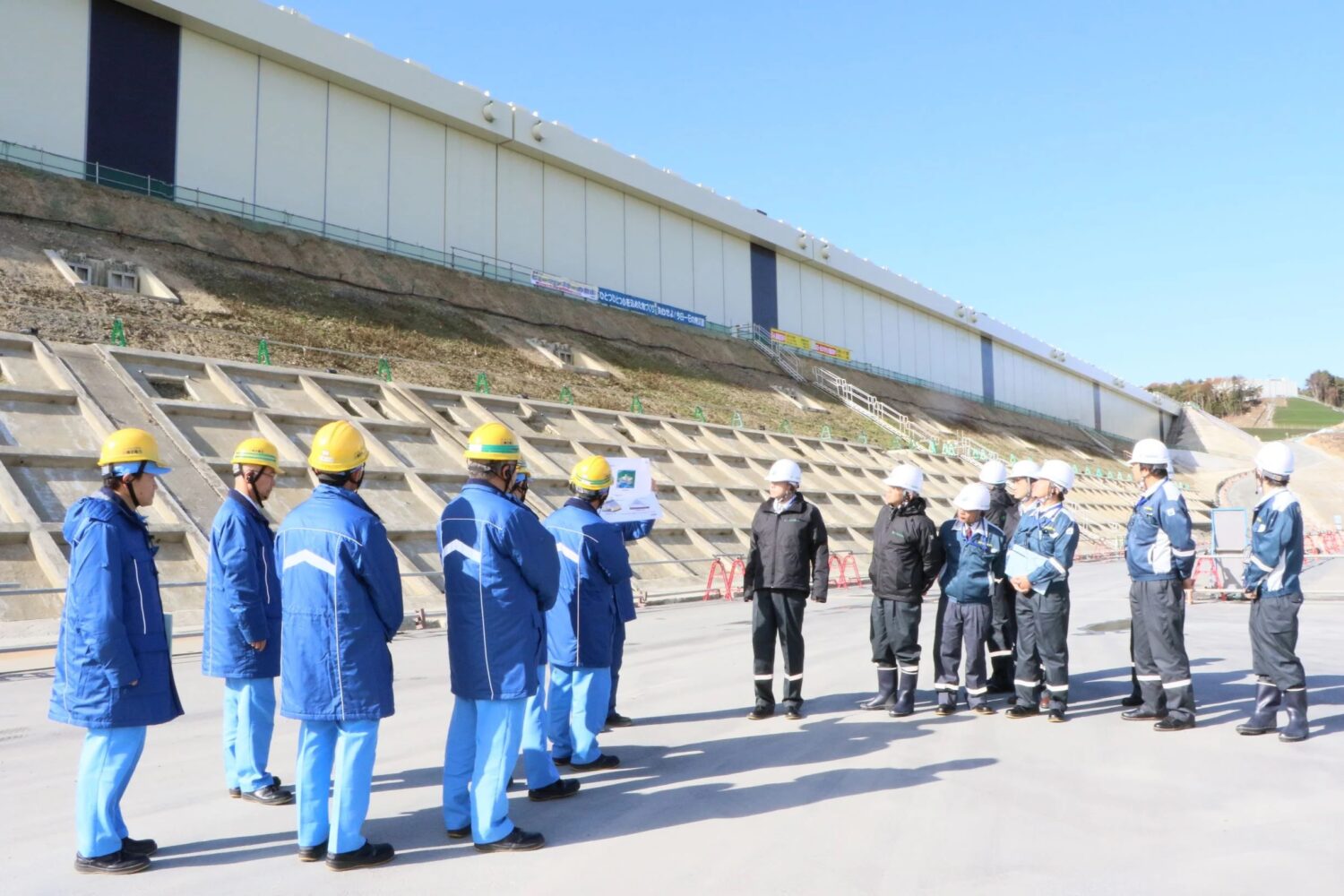
.jpg)




